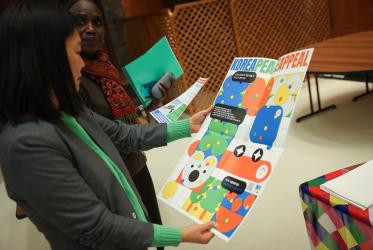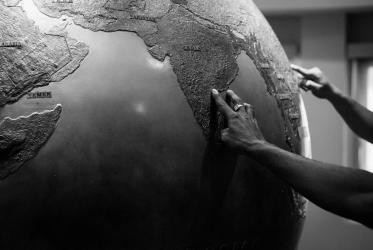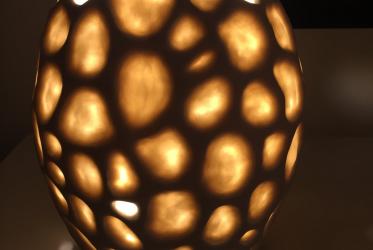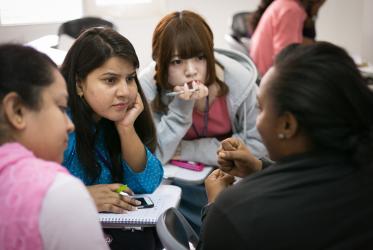Displaying 1 - 20 of 52
07 December 2023
Dr Saïd Ailabouni: God is on the side of rejected, oppressed, occupied
12 September 2019
WCC represented at G20 Interfaith forum in Tokyo
13 June 2019
Peacemakers at work in Sri Lanka
29 April 2019
WCC delegation visits China
04 January 2018













